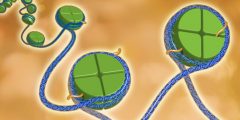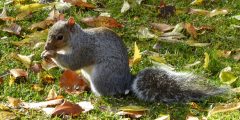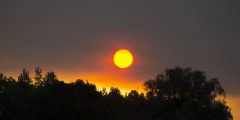Xenotransplantation
April 5, 2024
About 25 years ago, I first encountered something called Science and Technology Studies (STS) – a field that examines interactions between science and society (culture, policy etc.). One of the first articles I read, published in 1999, was by Nik Brown on xenotransplantation: “Xenotransplantation: Normalizing disgust”. Using ideas and concepts from STS stalwarts like Mary Douglas …
Making epigenetics familiar: The visual construction of transgenerational epigenetic inheritance in the news
February 23, 2024
Some time ago I wrote a blog post with Aleksandra Stelmach and Alan Miguel Valdez about visuals used to make epigenetics public through the popular lens of transgenerational epigenetic inheritance. I then promised some image analysis. Here is a summary of what we found (I thank ChatGPT for helping me summarise our findings. If you want references, …
Human genome editing summit, London, 2023
March 10, 2023
Ceci n’est pas un blog post. As I have no time to write anything proper for a few weeks, these are just some notes and pointers. This non-post is ‘about’ the Third International Summit on Human Genome Editing which took place at The Francis Crick Institute in London from 6 to 8 March. I couldn’t …
Making Science Public 2020: End of year round-up of blog posts
December 18, 2020
The year began quite innocently, with me blogging, for example, about gene drives. What are gene drives? Who cares about them? And so on. This has now turned into: Who cares? 2020 has been steamrolled by one big event: the Covid-19 pandemic. This meant that many of my posts were devoted to it, that is …
Covid anthropology
December 17, 2020
This is just a quick announcement about an open access triple set of special issues of Anthropology in Action about the new coronavirus and the ways we live now, published by Berghahn, London: “Almost one year into the pandemic the ‘no-touch’ world of COVID-19 is transforming our intimate lives, perhaps permanently in many ways. Edited by Andrew …
Who killed granny?
September 9, 2020
A trend seems to be emerging, albeit not a failsafe one, in the management of the coronavirus pandemic. There are countries/nations/regions like New Zealand, Germany and New Mexico (and these are just the ones I sort of listen in to) that have done something right when it comes to dealing with the spread of Covid-19. …
VE Day – a poem by Maureen Sutton
May 8, 2020
I didn’t want to write a post today, as I had already posted one earlier in the week. But then, by chance Maureen Sutton sent me a poem that made me think and which she has allowed me to publish here. I have come to know about Maureen’s poetry through my earlier post on pandemic …
Bushfires and climate change communication: Between amplification and attenuation
January 10, 2020
For about a decade I have been thinking and writing about extreme weather events and their links to human-induced climate change, and this included quite a few references to Australia, especially droughts, heatwaves and bushfires. I thought the Las Conchas Fire in New Mexico, lived through by some of my family, was bad. I thought …
Making Science Public 2019: An overview
December 17, 2019
Every year I think: This will be the last year I write something for this blog… and each year I write a bit more. And so it was this year. Whether that’s a good thing or a bad thing, I really don’t know. But it distracts me from life’s increasing troubles and keeps me sane. …









